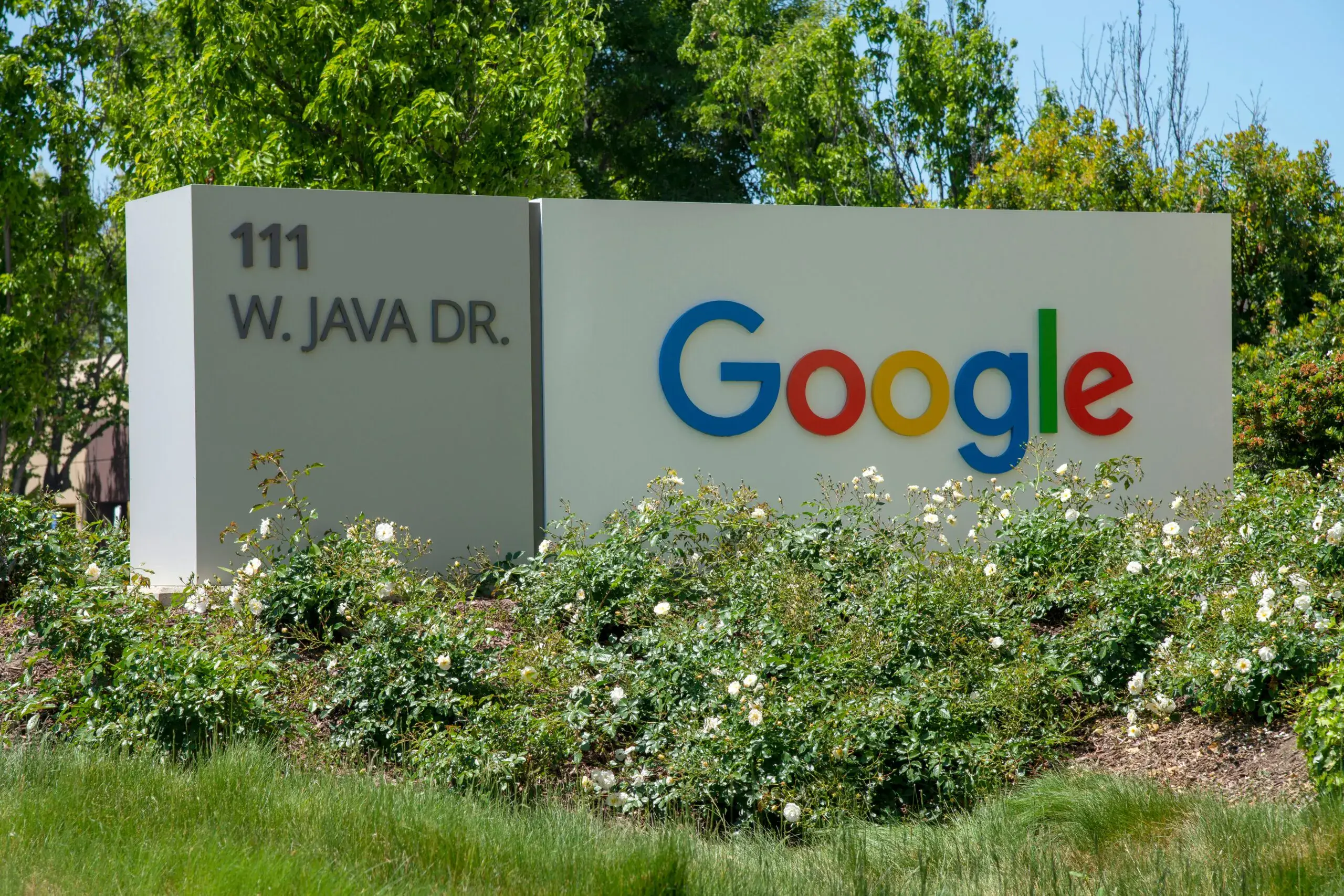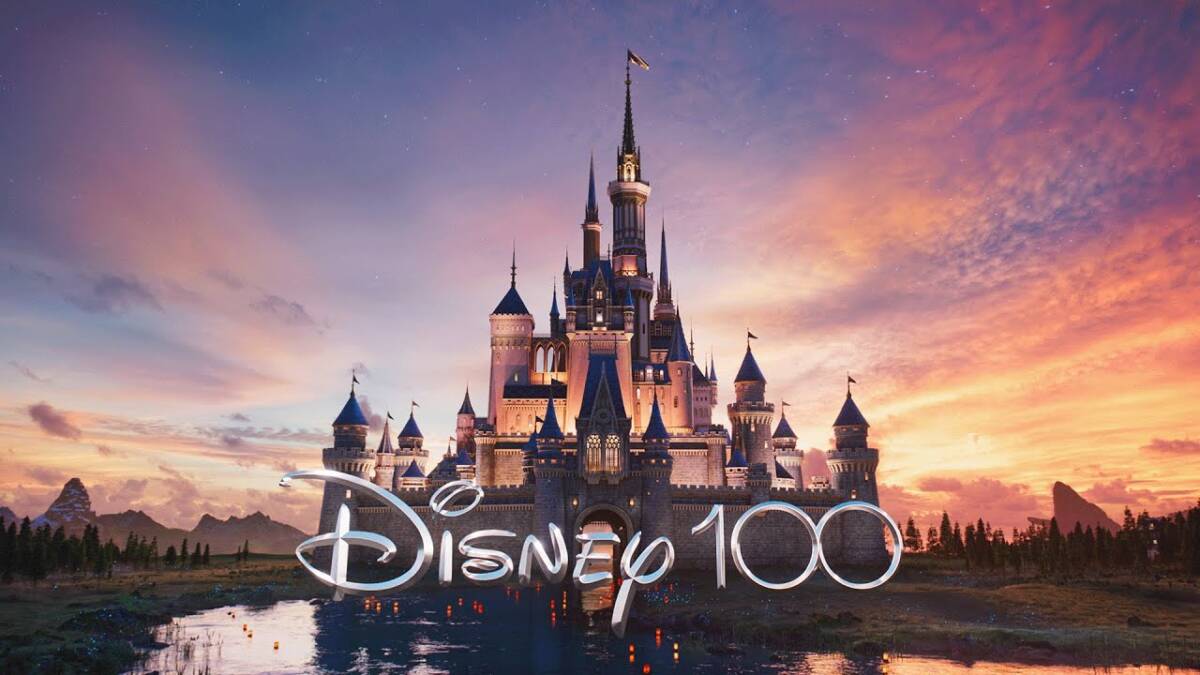Russian TV companies demand compensation of 2 undecillion rubles from Google

Russian media holdings have made a claim for an astronomical sum of 2 ounce million rubles against Google for blocking their accounts on the YouTube platform. The claim was prompted by the massive restrictions that the service imposes on Russian media accounts.
Russian media holdings have filed a claim against Google for an astronomical sum of 2 ounces of rubles.
Undecillion (or sextillion) is a number with 36 zeros, that is, 1036. Recall that the word “google” or “google” itself is 10100. Taking into account that the amount grows every day by 2 times, then in 212 days Google will be demanded 1 googol rubles.
Mass blocking of Russian channels on YouTube
According to Roskomnadzor, more than 200 Russian channels have been blocked on YouTube since 2020, including resources related to official media and government agencies, as well as pages of artists and public figures. In 2024, the restrictions affected another 83 channels. Roskomnadzor calls these “acts of censorship” because access to important information has been restricted, and argues that these actions violate the right to freedom of speech and access to information.
Roskomnadzor calls these “acts of censorship” because access to important information has been restricted.
Courts and compensation claims against Google
Russian companies have previously tried to seek compensation from Google for blocking their resources. For example, the NTV television company filed a lawsuit demanding that Google be charged a daily penalty of 100 thousand rubles, which in the long term could reach a billion rubles. Other major media holdings are also demanding restoration of access to their accounts and significant compensation for financial losses and reputational risks.
Trouble between Google and Russian authorities
The current situation demonstrates the deep contradictions between Google and Russian supervisory authorities. Google has already been fined billions of rubles for not being transparent about its content blocking rules, and this requirement only adds tension to an already complicated relationship with Russian companies and authorities.”
The situation is a case in point.








